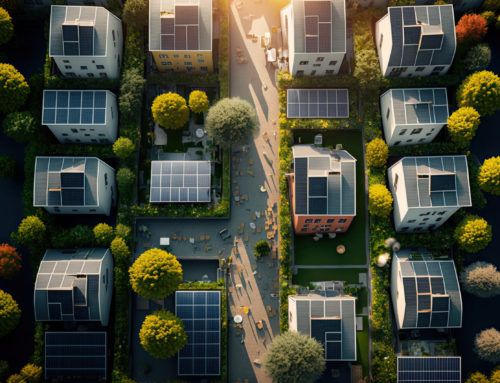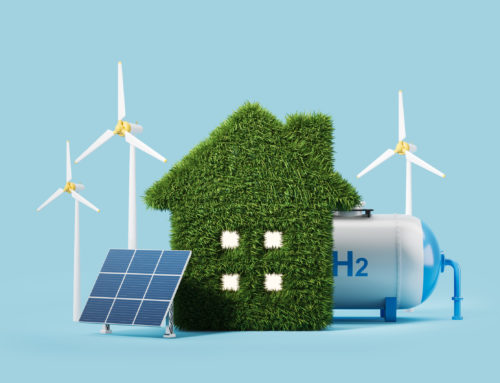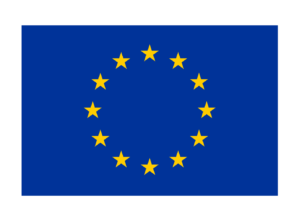In recent years, with the increasing demand for financing small and medium-sized enterprises, together with change in the trend of business models, a new way of financing of projects emerged through the so-called participatory financing, which represents an alternative to financing with traditional bank products. This type of financing has, among other things, great potential for financing community projects for green energy transition.
This financing can take many different forms, for example as energy communities, which represent groups of citizens which initiate the project and are it’s majority owner. It can also take form of crowdfunding of a project (crowdfunding with a loan/equity crowdfunding), when citizens participate in the financing of a project which is managed by a private company without citizens’ participation in decision-making. Last but not least, it is also possible to implement community projects, where the project is under control of either the local government and/or citizens and participating small and medium-sized enterprises.
Participative financing brings many advantages, for example the possibility of mobilising investments in a very short time, and such investments are not dependent on the performance of the financial market. For it’s optimal functions, this method of investing requires an adequate legislative solutions and supervision by an independent regulator. Participatory financing has been operating for some time in several European Union countries. Citizens and farmers in Germany own 42% of renewable energy sources, which are often installed collectively, in the Netherlands this share is up to 50%. In France, the participatory form is used in 36% of projects for the use of renewable energy sources, in which public financial sources participate through co-financing. Slovakia should start working on the legislative and technical conditions of such a form of collective investments as soon as possible.
A good model for a potential participatory financing platform can be, for example, a platform for financing community projects, various versions of which are already successfully operating in several countries of the European Union. The principle of operation of such a platform is that citizens have the opportunity to invest part of their savings in projects in their community (building of bike paths, parks, recreation centres, social housing, renovation of public buildings such as hospitals, schools…), while these projects are led by local government and last e.g. 1 to 10 years. Interested parties can invest any amount they deem appropriate – even 1€ or 2000€. This way, citizens can safely invest in projects that are in their personal interest and can monitor the implementation of these projects during their realisation. Everyone can thus participate in local events and support projects that enable the development of the local community. Investing in such projects is also not limited to residents of the community or municipality in which such a project is implemented.
Due to it’s advantages, participatory financing in the form of community projects is ideal for financing projects for the green energy transition, complementing projects financed by traditional banking products. Participation of citizens and local governments in renewable energy projects has already demonstrated significant added value in practice in the form of greater citizen acceptance of renewable energy and greater access to additional private capital, leading to greater consumer choice and greater citizen participation in green energy transition. Since these are community projects, citizens can directly decide on the priorities of these projects, and after their completion, they are direct beneficiaries of the benefits associated with them. And if the legislation is set correctly, thanks to high transparency, they can directly supervise their progress.






